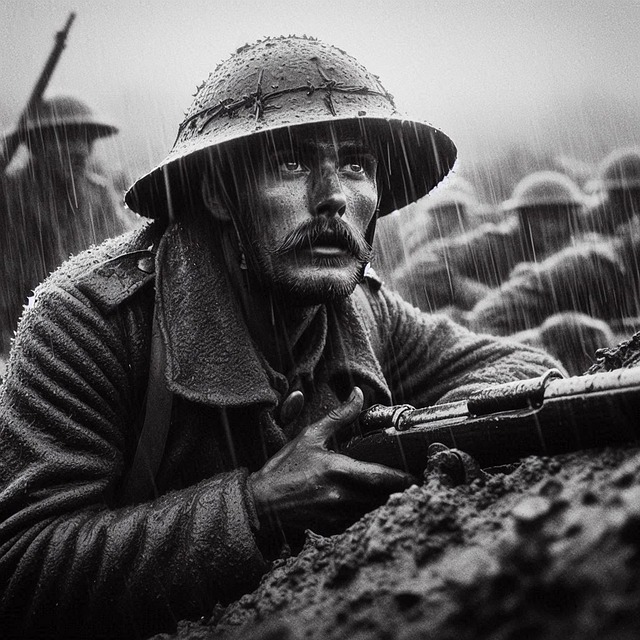We hear a lot these days about “endless wars.” A short list of protracted wars since World War II might include the Vietnam War, the Israeli-Arab wars, the Israeli-Palestinian conflict, the Lebanese civil war, the Soviet-Afghan war, the Iran-Iraq war, and the Russia-Ukraine war. Some say that these wars are kept alive by big defense contractors, munitions manufacturers, and other corporate entities that stand to profit from wars that don’t end.
That may be so, but another reason that today’s wars seem endless is that whenever one side seems to be winning, the “international community,” supported by the world media, steps in and demands a ceasefire or other measures to keep the playing field level.
Take the Israeli-Hamas war — an on-and-off conflict that is nearly two decades old. The pattern has become predictable: Hamas fires rockets into Israel (or attacks Israeli communities near the border); Israel retaliates; Hamas strikes back from its network of tunnels or from rocket batteries located in schools, hospitals, and other places where civilians are likely to be killed; Israel hits back, but comes under pressure from the “international community.” Next, they agree on a ceasefire, giving Hamas time to build more tunnels and restock its supply of weaponry. Then, when Hamas feels strong enough, they fire missiles into Israel — thus restarting the cycle of war and providing the media (which generally favors the underdog) another chance to display its virtue.
The result is that a conflict that might have been ended quickly with few casualties becomes an “endless” and bloodier war.
Keep It Going
Imagine a boxing match in which the referee keeps interfering in order to keep things “even.” Suppose one fighter knocks the other down, but instead of starting the count, the referee kneels next to the prostrate boxer and says, “Don’t try to get up, fella. According to the new boxing commission rules, I can give you as much time as you need. I can give you five minutes, 10 — whatever you need to recover.”
At first, this may seem like a more humane way to conduct a prize fight. But if the boxers are mismatched and one of them keeps getting knocked down, he stands to sustain much greater — even permanent — damage than if he had been counted out. It was precisely to prevent such undesirable outcomes that boxing rules (such as the 10-second knockout rule) were established.
Both the First and the Second World Wars were relatively short. World War I lasted only four years; World War II, which included both the war in Europe and the war in the Pacific, lasted six years. If the modern, “compassionate” approach to warfare had been in effect back then, we might still be fighting them.
Of course, it would be better if there were no wars at all, but until we discover how to prevent them, a policy of “peace through strength” seems to be more effective in deterring aggressors than the current policy of throwing a lifeline to the party (I’m thinking of Hamas) that initiated the war with a brutal massacre, and has vowed to keep it going until the other party is exterminated.
This article originally appeared in the July 30, 2025 edition of The Stream.
Pictured above: World War I Trench Warfare
Picture credit: Pixabay


